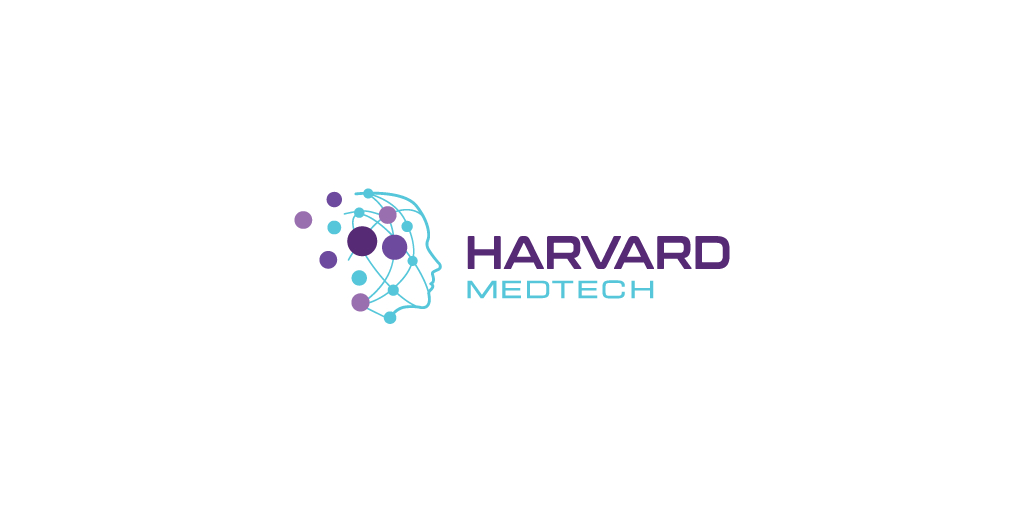It’s Official: Studies Find Worker’s Comp Patients Fare Worse After Spine Surgery Than Other Patients

Implications to be addressed at NWCD Conference Sept. 20
LAS VEGAS–(BUSINESS WIRE)–Two studies in the peer-reviewed Journal of Neurosurgery: Spine confirm what has long been suspected: worker’s compensation (WC) patients undergoing lumbar spine surgery fare worse post-surgery than other patients undergoing the same procedures.
“These studies confirm that workers’ compensation patients are significantly more likely to experience greater pain and residual disability, as well as delayed return to work, than other patients who have the same procedures,” noted Gerry Stanley, M.D., Chief Medical Officer at Harvard MedTech, an author on both studies. “Consequently, these patients experienced a lower quality of life, higher cost for treatment, and a greater likelihood of reliance on addictive pain medications.”
The results of the studies will be discussed at the National Workers’ Compensation and Disability Conference, September 20, at 2:30PM PST in the presentation, “Follow the Patient Journey: Sidestep Pitfalls Throughout the Life of a Claim.”
The most recent article, published in July 21, 2023, analyzed 9957 patients who had had 1 – 4-level anterior cervical discectomy and fusion (ACDF). One-year postoperative improvements, return-to-work rates and satisfaction were all significantly lower for workers’ compensation compared with non-workers compensation patients, even though workers’ compensation patients had fewer comorbidities and were younger.
A previous article, published March 24, 2023, evaluated 29,500 cases. It also found that worker’s compensation patients were significantly more likely to experience greater pain and residual disability, as well as a delayed return to work, than other patients.
The largest study of its kind to date, the research focused on data compiled on patients who underwent 1- to 4-level lumbar spinal fusion or decompression alone, as reported to the Quality Outcomes Database (QOD). The data included one-year patient-reported outcomes from more than 200 hospital systems from 2012 to 2021. All patients complained of back pain prior to surgery. The workers’ compensation cohort was younger, more overweight and less likely to have a college or postgraduate education than the non-workers’ compensation population; they were also twice as likely to be smokers.
While the study theorized that the reasons for worse outcomes in the workers’ compensation patients could be multifactorial—such as injury severity, socioeconomic factors, and biopsychosocial behavior such as exacerbated illness promoting disability payments—it concluded that identifying the causes for the negative effects on these patients could yield better outcomes.
Harvard MedTech (HMT) has developed new treatments that have proven to be an effective alternative to surgery and/or to reduce pain related to injuries in worker’s compensation patients. The modality treats pain, trauma and anxiety via an integrated approach using virtual reality technology and behavioral health coaching. The combination of technology and mental health support retrains neural pathways within the brain to alter how pain is recognized and perceived. HMT’s proprietary Vx® Therapy platform is an evidence-based program that is proven to reduce pain, anxiety, depression levels, and dependence on pain medications. Vx® Therapy equips patients to resume their normal activities of daily living sooner and with minimal disruption.
About Harvard MedTech
Harvard MedTech is an innovative digital health company that applies current science on how the brain works with specially designed virtual reality experiences, psychosocial support, and digital engagement. Vx® Therapy is the first modality to comprehensively integrate this unique combination of digital technologies with behavioral health interventions, delivered through virtual reality in the patient’s home. This virtual engagement drives high compliance, patient satisfaction and optimal outcomes. Vx® Therapy is also affordable and scalable at a population health level. This non-invasive and non-pharmacological approach also provides data that is trackable for a clear assessment of its value to patients and health care providers. Visit www.harvardmedtech.com for more information.
Contacts
Joy Scott
joy@scottpublicrelations.com
(818) 610-0270


